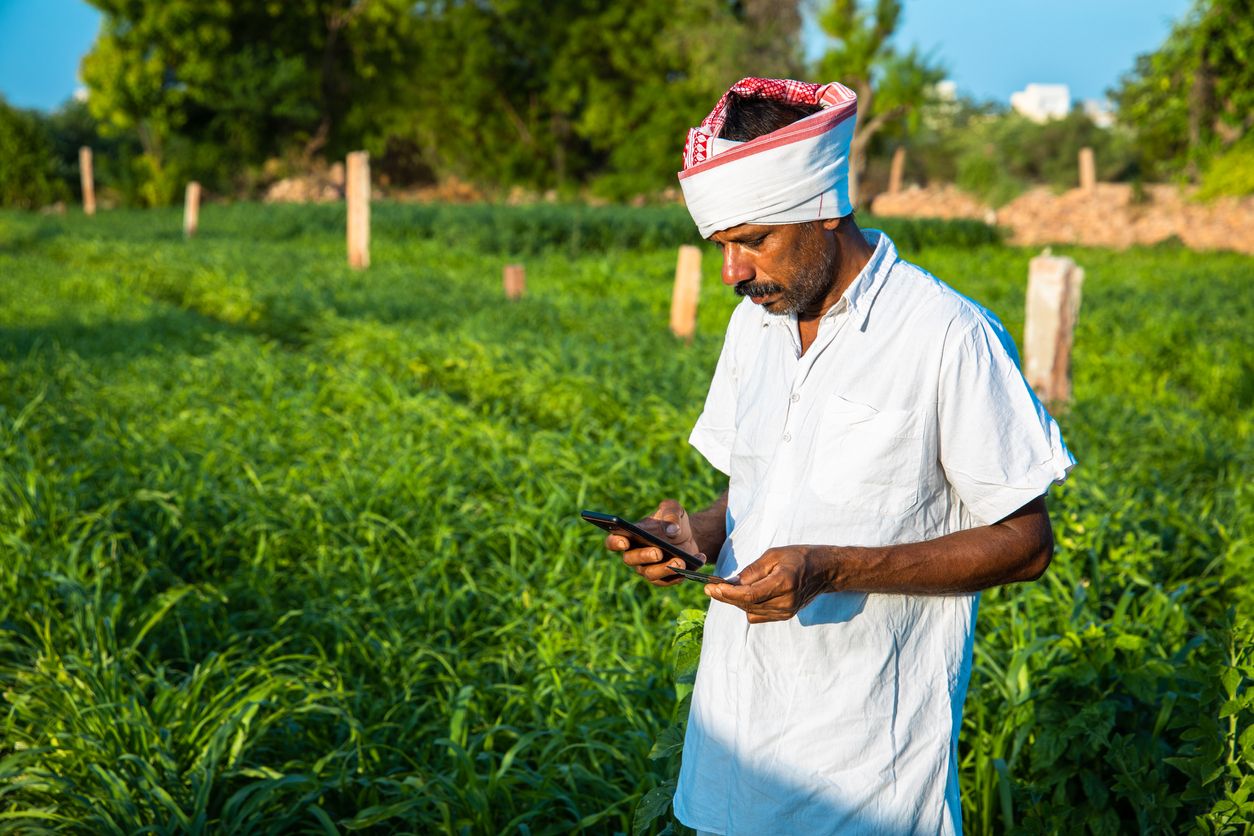Overhauling the global food system could end undernutrition by 2050, provide sufficient income to millions, and help limit global warming to 1.5C above pre-industrial levels, says a new study of food system economics.
Leading economists and scientists from the Food System Economics Commission (FSEC) have spend the last four years investigating the hidden costs of the current global food system and the untapped benefits to be gleaned from major policy shifts and practices.
The study finds that the economic value of the damage caused by a “business-as-usual” approach to food systems is “well above $10 trillion” annually, which is more than food systems contribute to global GDP.
By contrast, net benefits of the food system transformation suggested by the study are “worth 5 to 10 trillion USD a year, equivalent to between 4 and 8 percent of global GDP in 2020.”

Multi-trillion dollar benefits
“In the Food System Transformation pathway, economists model that by 2050 better policies and practices could lead to undernutrition being eradicated, and cumulatively 174 million lives saved from premature death due to diet-related chronic disease,” notes the study.
Furthermore, food systems could become a net carbon sink by 2040, and 400 million farm workers worldwide “could enjoy a sufficient income.”
In particular, the study calls on policymakers around the world to revamp strategies around policy initiatives, subsidies, healthier diets, investment in innovation, and protecting vulnerable groups.
FSEC says the cost of this food systems overhaul is roughly the equivalent of 0.2-0.4 percent of global GDP per year; this is “small relative to the multi-trillion dollar benefits it could bring.”
“It sounds simple: good quality, health and environment enhancing produce from decent jobs and available everywhere to suit cultural tastes. In fact, it requires fierce focus and unity to ensure the proponents of business-as-usual do not regain the upper hand,” says Tim Lang, emeritus professor of food policy at City University London.

Current food system’s costs outweigh its benefits
The current food system — what FSEC calls the Current Trends pathway — places an estimated $15 trillion burden on people and planet, according the study.
On this pathway, food insecurity will impact 640 million people, including 121 million children, by 2050 and increase obesity by 70% globally.
Food systems will continue to account for a third of global greenhouse emissions. And with extreme climate events on the rise, “business-as-usual” food production will grow increasingly vulnerable and further exacerbate food insecurity.
“We already know that our food system is disastrous both for our bodies and our planet: it is the single biggest cause of deforestation, biodiversity loss, drought and fresh-water pollution, and the second-biggest cause of greenhouse gas emissions,” notes Henry Dimbleby, who authored the National Food Strategy for the UK government and also co-founded healthy fast-food chain Leon.
“It’s clear what needs to change, and yet it remains easier and cheaper to produce and eat food that is severely damaging to our health and the planet. The economic burden of doing nothing is so great, that if we governments do not heed this call, we will end up not just sick, but impoverished.”
“For us who have been active in the food sector transformation game for some time the reluctance from policymakers to see food for what it truly is (and then act on the realizations) easily qualifies as the biggest frustration,” Johan Jörgensen, a founder and partner at Sweden Foodtech, wrote on LinkedIn this week in reference to the report.
“Especially so because all the solutions are already out there – it’s the policy framework that needs changing the most.”

The role of innovation in transformation
There’s no end of innovations in the food system nowadays. However, current food system research and innovation (R&I) “needs strengthening” in order to support the Food System Transformation pathway, says the study.
Sweden Foodtech’s Jörgensen put it more directly, saying innovation “desperately needs a root and branch overhaul if we’re to achieve health and sustainability. Innovation that’s governed by rules of the past instead of the opportunities of the future won’t be as good as we need it to be.”
The report calls out seven particular areas of innovation where it’s especially important to foster growth if the food system is to be overhauled to meet the needs of this century:
- Modernize plant breeding in low- and middle-income countries, including investing in better data collection and information management to make R&I more efficient.
- Foster more “environmentally sustainable” farming systems that incorporate a variety of practices (cover crops, rotation, manure management, etc.).
- Digitize ag for small farmers. The report notes that leveraging tools such as satellite imaging and remote sensors are mostly the territory of big farming operations now. “Rapidly reducing their costs and embedding them in applications that address smallholders’ problems will make them more useful and accessible to small farmers.”
- Improving digitization will also enable smaller producers to access markets and affordable inputs as well as credit.
- Clean cold chains could reduce post-harvest losses. The report calls out the Dearman Engine, which provides “zero emission cooling and power” via liquid air.
- Shifting to healthier diets, which impacts what farmers grow and how it’s grown. While the report doesn’t specifically call out vegan or vegetarian diets, it highlights the need for a global shift to heavily plant-based diets.
- “Smart scaling” needs to include both technical and institutional innovation. This point echoes the overall theme of the study, which suggests a food systems overhaul is impossible without also overhauling the political and regulatory infrastructure surrounding it.
Citing the Green Revolution of the twentieth century, the study’s authors note that “new agricultural technologies this revolution introduced would probably not have spread without their accompanying package of targeted policies and sociocultural accelerators.”
These provided the infrastructure, agriculture services and land tenure that made growing the new crops possible.
“They were tailored to mobilize all the actors and interests involved in adopting a new way of producing cereals, ranging from farmers, input suppliers and wholesalers to researchers and governments.”
A similar approach must be adopted in order to enable impactful innovation and the level of overhaul our current food system requires, adds the report.




